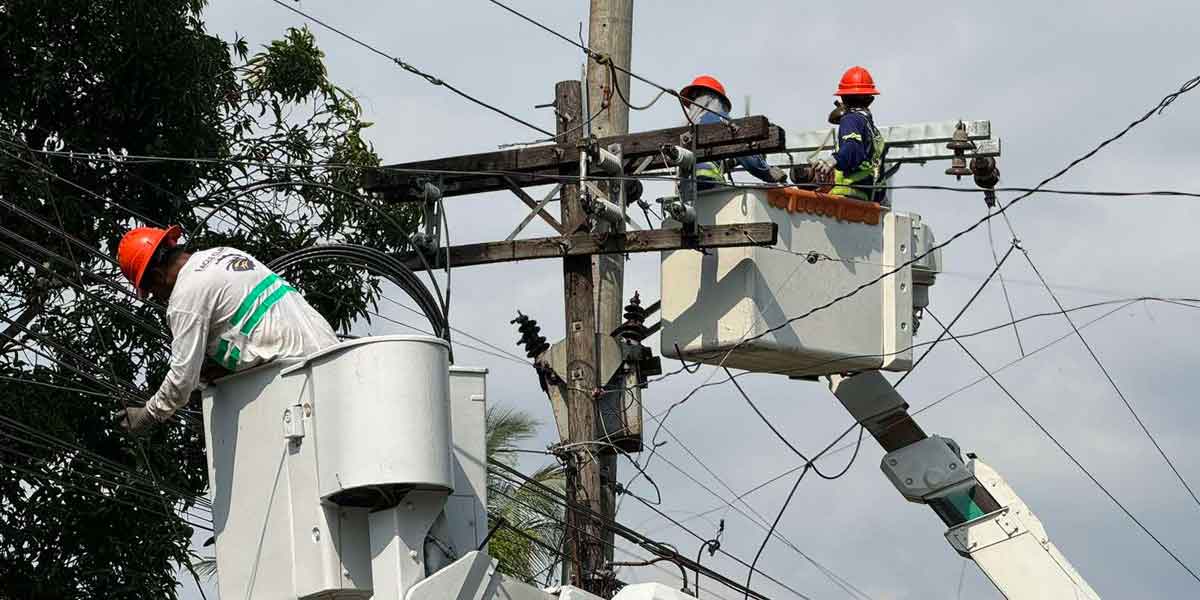 By Joshua Corcuera
By Joshua Corcuera
Whether you like it or not, you have to admit that Filipino students are left behind by students of any other country.
A recent global assessment joined by 58 countries revealed that fourth-grade Filipino students scored significantly lower than any other country in mathematics and science. Released last Tuesday by the Trends in Mathematics and Science Study (TIMSS), the 2019 study of TIMSS is consistent with the findings of the Programme for International Student Assessment (PISA) in 2018. The latter found that, among 79 participating countries, 15-year-old Filipinos scored lowest in reading and second-lowest in math and science. These results reflect how depressing the state of education is in the Philippines.
Expenditures on education could be a factor
Although the Department of Education usually receives the largest funds in the national budget, we are still not spending sufficiently on education compared to other countries based on data from PISA. According to the same report, there is an apparent correlation between scores and education spending. As a general rule, larger expenditures per student would translate to higher academic scores. Hence, it highlights the need for our country to invest more in education.
Besides increasing the budget allocated for education, it is just as important to question where do funds for education go. As I have written in my previous columns, education seems to be centralized in the country’s capital. For instance, six of the 14 Philippine universities included in the recent Asian University Rankings are located in Metro Manila. Furthermore, equipment and facilities in provincial schools tend to need much more improvement compared to those in urbanized areas. The stories of rural children who cannot attend formal education due to difficult access still ring true to this day.
With an open-minded youth, the future is bright
It is important for authorities to constantly improve the state of education in the country because, with an open-minded and service-oriented youth, the future of society is bright. Some people even suggested that the-powers-that-be intend not to improve education to keep Filipinos ignorant so that they can remain in power. Whether this is true or not to some of our leaders, what is essential is that the masses pressure those in power to genuinely improve Philippine education.
Aside from achieving good scores in academics, the youth can gain an open mind not only from the lessons they learn in their schools. We have to acknowledge that important lessons in society — particularly those that reveal the issues that matter — are not confined within the four corners of the classroom. Henceforth, improving Philippine education should not be merely focused on improving academic achievements, but also social awareness and the capacity to resolve the problems we face today.
Altogether, Filipino students on average are left behind by anyone else. It sounds frustrating, disappointing, and saddening and for good, obvious reasons. It must not end with these feelings, however, and authorities must realize the urgent need to make education in our country better. And to make it better, it involves investing much more in schools and students particularly in the countryside, promoting a holistic development among the youth, and producing professionals who are capable to deal with the realities of the modern world.




















